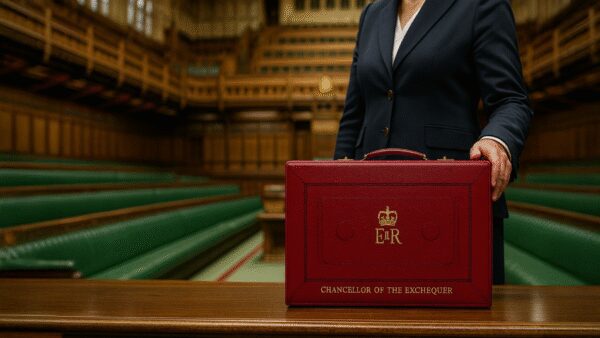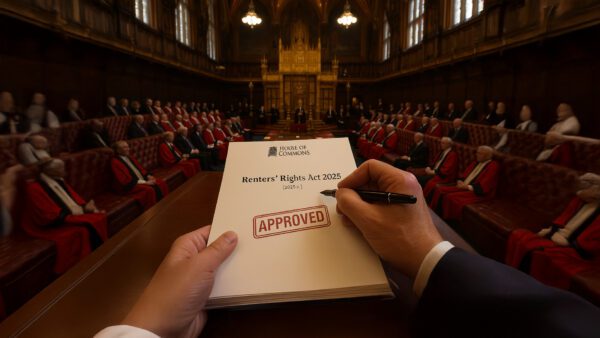The Economic Crime and Corporate Transparency Act 2023 (ECCTA) follows on from the Economic Crime (Transparency and Enforcement) Act 2022 which introduced the Register of Overseas Entities in 2022. The legislation is a concerted effort to prevent the criminal exploitation of the UK’s economy through corporate structures and improve the reliability of data held by Companies House.
Key Changes Introduced By ECCTA:
The first series of measures are to come into force on 4 March 2024, which will impact Companies and Limited Liability Partnerships (LLPs).
There will be new stringent regulations relating to registered office addresses – all companies and LLPs will be required to maintain an “appropriate” physical address. An address is considered appropriate if correspondence delivered at that address would be expected to be received by a representative of the company which can be verified by the representative’s acknowledgment of delivery. This means that PO Boxes will no longer be permitted.
Any non-compliant addresses will be changed to the Companies House default address. Failure to provide a suitable alternative address within the specified period may result in the company being struck off. If you consider your address may fall short of the new requirements, you should act now to rectify this.
Additionally, companies will be required to provide a registered email address, to enable the Registrar of Companies to communicate with the company via email for updates, notices, and reminders. The email address will not be published on the public register. New companies will be required to provide a registered email address at the time of incorporation, for new companies incorporated from 4 March 2024. Existing companies will be required to provide a registered email address with their annual confirmation statement for all confirmation statements submitted as of 5 March 2024.
Other important changes to be introduced include granting Companies House power to:
- impose fines up to £10,000 for non-compliance with the Companies House 2006 regulations, as an alternative to pursuing such non-compliance via the courts;
- evaluate the quality of data produced to the Registrar or contained on its register. Information can be cross-referenced against external sources for discrepancies and inconsistencies, in which case the Registrar may:
- reject or remove the data;
- require the production of supporting evidence to validate the accuracy of the data;
- annotate the public register to alert users where the information appears unclear or deceptive; or
- strike the company’s name off the register;
- scrutinise company names that have the potential to deceive the public or which do not otherwise meet the incorporation requirements and if appropriate to require such companies to alter their names, failing which the company may incur a fine or be struck off;
- require companies to deliver a statement that the company is established/operated for lawful purposes, and thereafter to annually declare that the company’s future activities will also be lawful. New companies will be required to provide this statement on incorporation, and existing companies will be required to provide the statement with their annual confirmation statement;
- share data with other government departments and law enforcement agencies;
- expand the types of information/documents that can be withheld from public view on the register.
How We Can Help At Quastels:
With these important changes on the horizon, it is crucial to take action promptly to ensure your company or LLP adheres to the new regulations and avoids the consequences of non-compliance, which could undermine your company’s integrity.
The Corporate Team at Quastels has specialised legal expertise to assist you in navigating and implementing the requisite measures for your business.
To discuss any of the points raised in this article, please contact our corporate team by filling out the form below.









